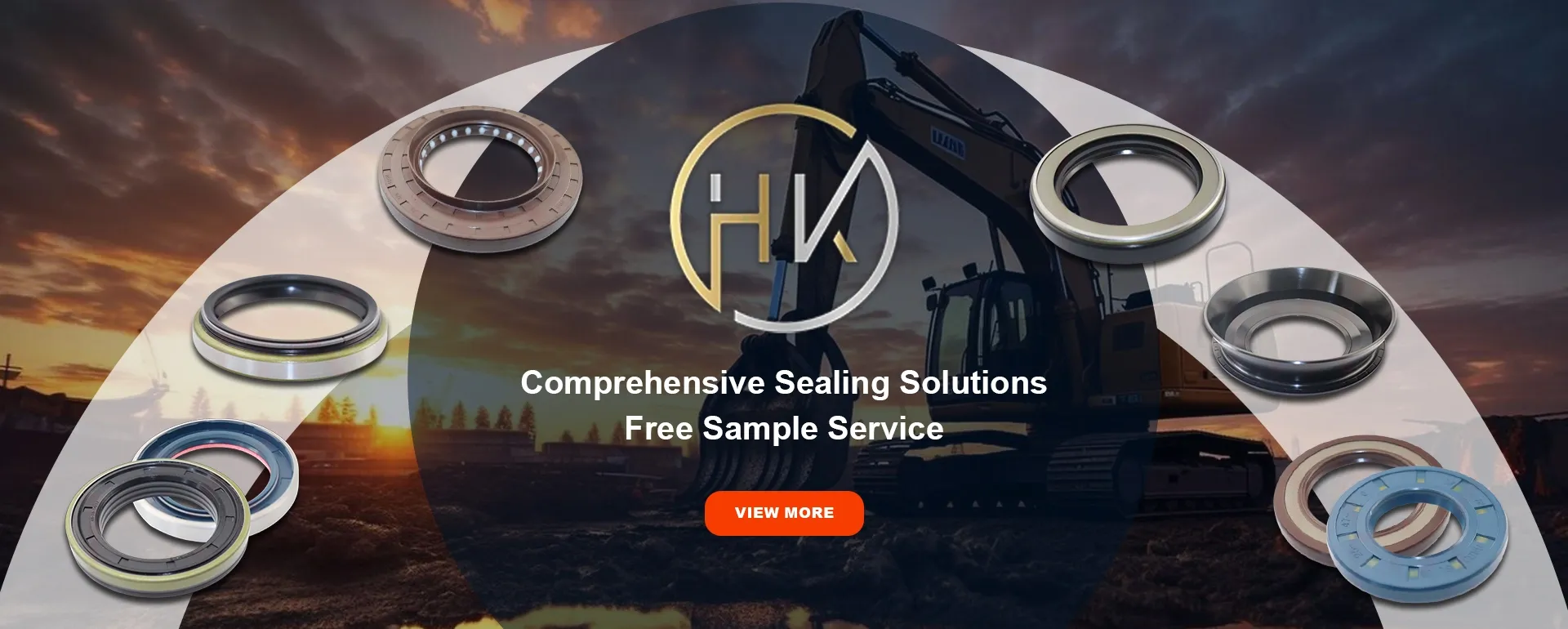10 月 . 09, 2024 08:04 Back to list
Understanding Oil Seals and Their Importance in Mechanical Applications
Understanding Oil Seals Importance, Types, and Applications
Oil seals, also known as grease seals or lip seals, are essential components in machinery and equipment that require the containment of lubricants, such as oil and grease. These seals play a crucial role in preventing leaks, contamination, and ensuring the longevity of mechanical systems.
1. Importance of Oil Seals
Oil seals serve multiple purposes in various applications. Their primary function is to restrict the escape of lubricating oil while preventing the ingress of dirt, moisture, and other contaminants. This is vital for preserving the integrity of the lubricant and the overall performance of the machinery. In addition, oil seals help reduce friction between moving parts, which can significantly extend the lifespan of equipment.
Moreover, these seals contribute to the prevention of catastrophic failures in engines and machines. A failure in an oil seal can lead to leaks, reduced lubrication, and ultimately, severe damage to components like bearings and gears. Therefore, the effectiveness of oil seals is critical in maintaining operational efficiency and safety.
2. Types of Oil Seals
Oil seals come in various designs and materials, allowing them to adapt to different operating conditions and requirements. Common types of oil seals include
- Single Lip Seals These seals feature a single flexible lip that makes contact with a rotating shaft. They are typically used in applications with lower pressures and where the potential for dirt ingress is minimal.
- Double Lip Seals As the name suggests, double lip seals have two sealing lips, providing enhanced protection against contamination and better retention of lubricants. They are ideal for applications subjected to higher pressures or contaminated environments.
oil seal

- Rotary Shaft Seals These seals are designed to fit around rotating shafts, providing a tight seal to prevent leakage. They are widely used in automotive and industrial applications.
- Fixed Type Seals Designed for static applications, these seals do not feature a moving part, making them suitable for environments where no parts are in constant motion.
3. Materials Used in Oil Seals
The materials used in the manufacturing of oil seals are critical to their performance. Common materials include rubber, polyurethane, and PTFE (Teflon). Rubber seals offer good flexibility and resistance to wear, while PTFE seals are known for their high-temperature resistance and low friction properties. The choice of material often depends on the specific requirements of the application, such as operating temperature, pressure, and exposure to chemicals.
4. Applications of Oil Seals
Oil seals are widely used in various industries, including automotive, aerospace, manufacturing, and agricultural machinery. In the automotive sector, they are essential in engines, transmissions, and differentials to prevent oil leaks and contamination. In industrial machinery, oil seals are vital for maintaining the reliability of motors, pumps, and gearboxes.
Conclusion
In summary, oil seals are a critical component in ensuring the functionality and longevity of machinery and equipment. Their ability to prevent leaks and contamination directly impacts the overall performance and maintenance costs of mechanical systems. With an array of types and materials available, selecting the appropriate oil seal for a specific application is crucial in achieving optimal results. Understanding the importance and functionality of oil seals can lead to better maintenance practices and a reduction in operational downtimes.
-
The Power of Advanced Sealing: High-Pressure Solutions for Modern Machinery
NewsOct.29,2024
-
Optimizing Machinery with High-Performance Oil Seals
NewsOct.29,2024
-
Maximizing Machinery Efficiency with Advanced Oil Seals
NewsOct.29,2024
-
Ensuring Equipment Longevity with Quality Oil Seals
NewsOct.29,2024
-
Enhance Equipment Performance with Quality Oil Seals
NewsOct.29,2024
-
Custom Oil Seals for Specialized Machinery Needs
NewsOct.29,2024
-
The Role of Wiper Seals in Dust Sealing and Oil Protection
NewsOct.20,2024
Products categories
















